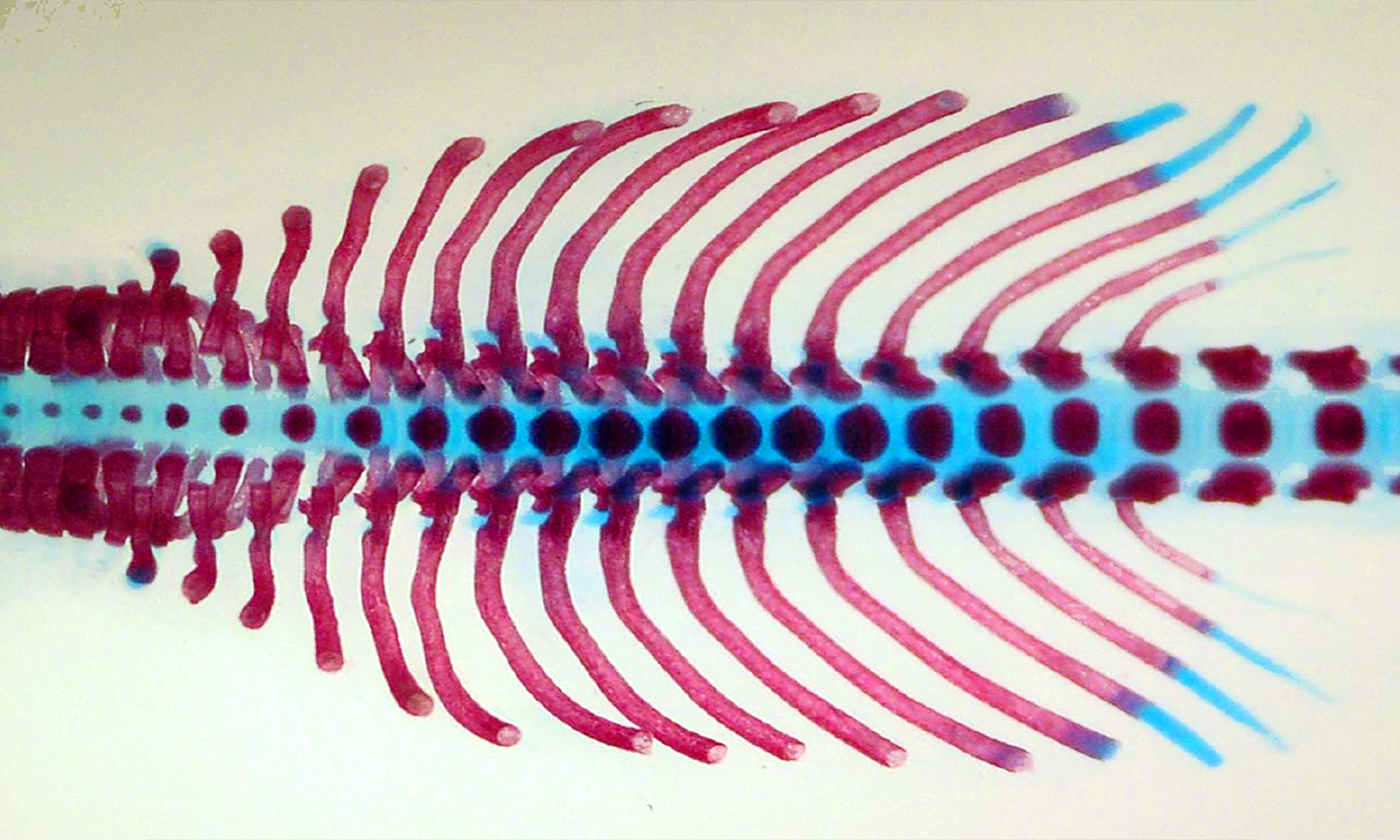Mouse Colony Manager
Email


Carlos Ibanez Lab @ PKU & CIBR
McGovern Institute at Peking University & Chinese Institute for Brain Research
Yanchen Ma obtained a PhD in Cell Biology in December 2020, from the School of Life Science, Xiamen University, China, under the supervision of Prof. Ying Chen. The title of her PhD thesis is “A GPR17-cAMP-lactate signaling axis in oligodendrocytes regulates whole-body metabolism”. She is joining the neuroscience team to unravel novel mechanisms of p75ntr subcellular localization and signaling.
Pawanrat Tangseefa, a.k.a. Queenie, obtained a PhD in Medicine/Physiology in May 2020 from the University of Adelaide, Australia, under supervision of Prof. Andrew Zannettino. The title of her PhD thesis is “The role of osteoblasts-mTORC1 in the regulation of glucose metabolism”. She is joining the metabolism team to elucidate the mechanistic basis of the metabolic effects of mutations in the ACVR1C gene found in the human population.
Meng Xie took a PhD in 2014 at McGill University, Montréal, Canada. His doctoral thesis was on studies of the regulation of lipid metabolism in the dauer larvae of Caenorhabditis elegans. With a prestigious EMBO fellowship, he then undertook postdoctoral studies at Karolinska Institute in Stockholm, Sweden, under the guidance of A/Prof. Andrei Chagin. During his postdoc tenure, he worked on several projects, including studies on the mediation of phenotypic plasticity of body size and craniofacial shape by amino acid sensing, and evolution of long bone secondary ossification center and regulation of craniofacial cartilage during development. He has an impressive research output, with articles in Cell Metabolism, PNAS, Nature and eLife. Meng will conduct research at the new units at PKU and CIBR, and assist in training of students and lab management tasks.
PhD student
Email

PhD student
Email

PhD student
Email

Yunxi Zhang has a Bachelor in Veterinary Medicine from Beijing University Of Agriculture and several internships, including the Institute of Biophysics at the Chinese Academy Of Science. She joins the CIBR unit to take care of our mouse colonies including genotyping and colony management.